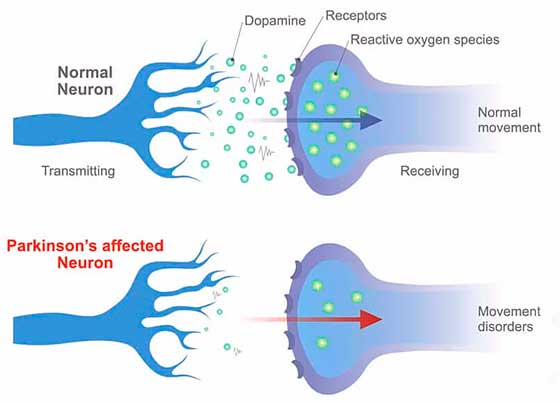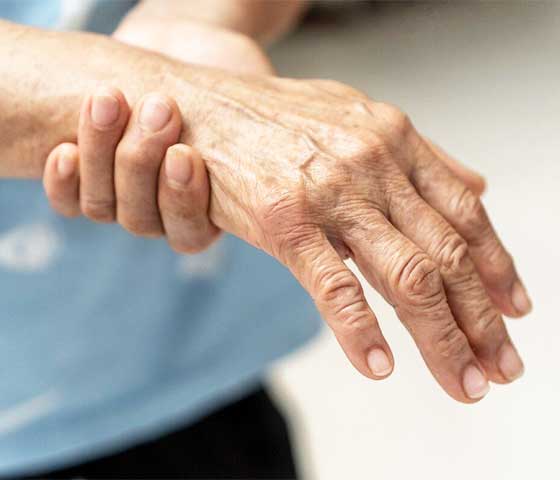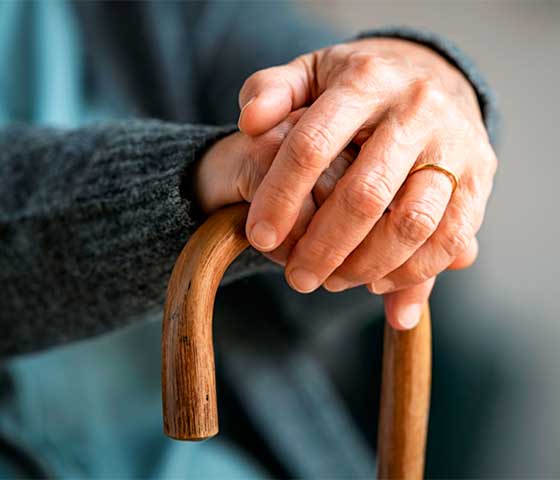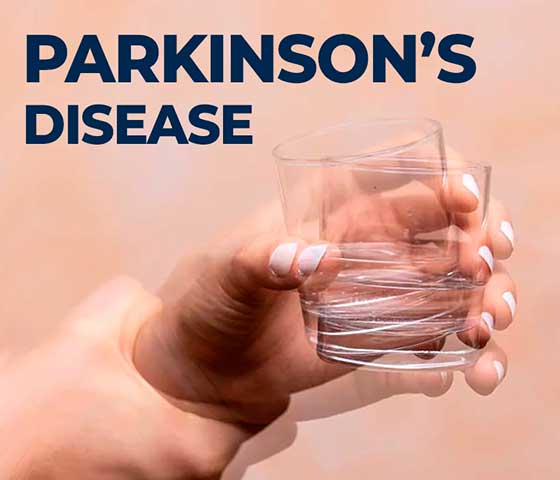Parkinson’s disease is a neurodegenerative disorder that primarily affects movement. It is a chronic and progressive condition, meaning that it worsens over time. The disease is characterized by the death of dopamine-producing neurons in the brain, leading to a deficiency of dopamine – a neurotransmitter that plays a crucial role in controlling movement and coordination.

Parkinson’s disease physiotherapy can help slow the progress of Parkinson’s and provide relief for symptoms. Therapy can also help to improve flexibility and strength by addressing several issues that Parkinson’s disease may cause, including abnormal gait, freezing, and dystonia.
Come to visit us at Revolve Physiotherapy in Milton. We provide effective treatments for both managing symptoms in the long-term and regaining optimum function to your body. Our team will examine your physical abilities, analyze your medical history. After that, discuss your current symptoms, in order to design a treatment plan that will fit your unique needs
Key features of Parkinson’s disease include:
Tremors: Involuntary shaking or trembling of the hands, arms, legs, jaw, or other parts of the body, especially at rest.
Bradykinesia: Slowness of movement, making everyday activities more time-consuming and difficult.
Stiffness: Muscle rigidity or stiffness, which can affect any part of the body and can be painful.
Postural instability: Impaired balance and coordination, making individuals more prone to falls.
Other symptoms: People with Parkinson’s disease may also experience non-motor symptoms, such as sleep disturbances, mood disorders (depression, anxiety), cognitive changes, and autonomic dysfunction (e.g., changes in blood pressure and gastrointestinal issues).

The exact cause of Parkinson’s disease is unknown, and it is likely a combination of genetic and environmental factors. While there is currently no cure for Parkinson’s disease, various treatment options are available to manage symptoms and improve the quality of life for individuals with the condition.
Parkinson’s disease physiotherapy approaches may include:
Medications: Dopamine replacement drugs, such as levodopa, are commonly prescribed to alleviate motor symptoms. Other medications may also be used to manage specific symptoms.
Physiotherapy: Therapeutical Exercises and physiotherapy improves flexibility, balance, and overall mobility.
Occupational therapy: This can assist individuals in finding strategies to manage daily activities more effectively.
Speech therapy: Some people with Parkinson’s disease may experience speech and swallowing difficulties, and speech therapy can be beneficial.
Deep brain stimulation (DBS): In advanced cases, DBS may be considered, involving the surgical implantation of electrodes in specific areas of the brain to regulate abnormal neuronal activity.

It’s important for individuals with Parkinson’s disease to work closely with healthcare professionals to develop a personalized treatment plan. Ongoing research continues to explore new therapies and potential ways to slow the progression of the disease. Additionally, support from family, friends, and support groups can play a crucial role in managing the emotional and social aspects of living with Parkinson’s disease.
Parkinson’s disease physiotherapy in Milton. Talk to our physiotherapists. Click the button below to book an appointment or give us a call – 905 864.8181
